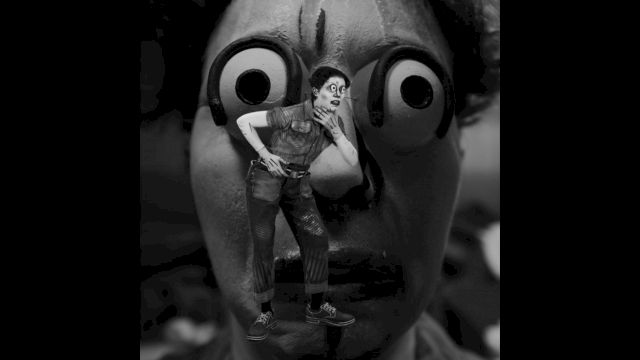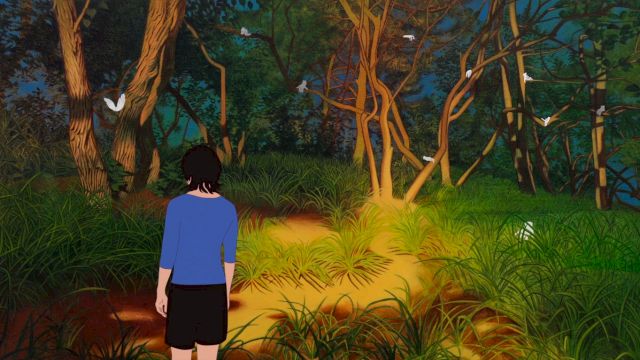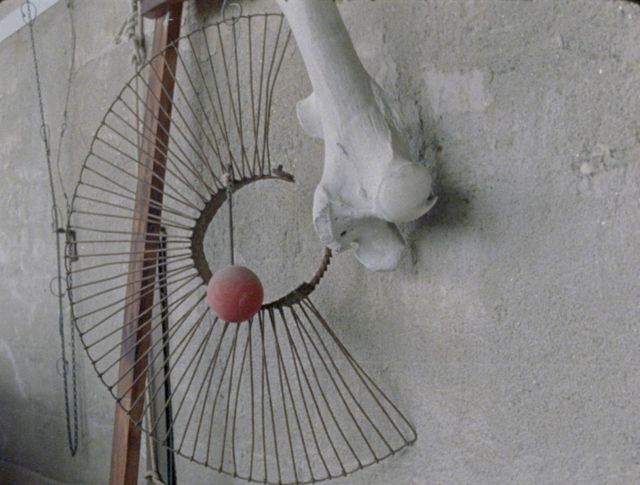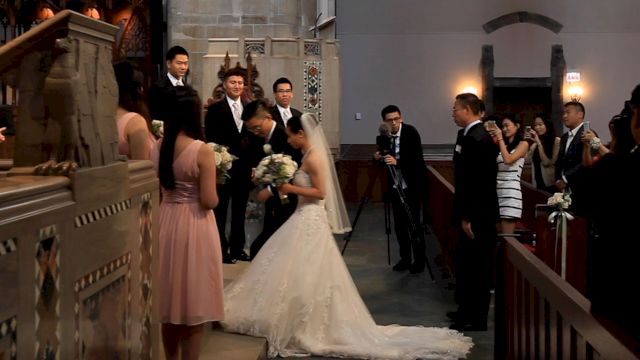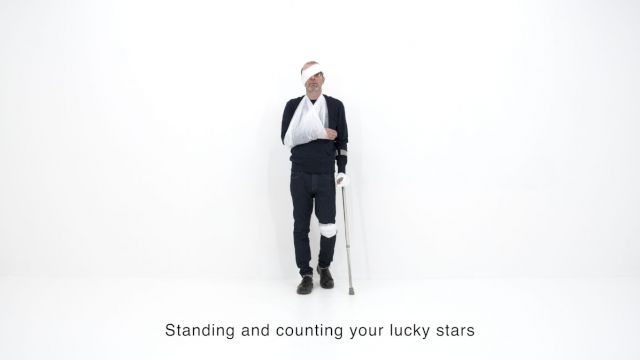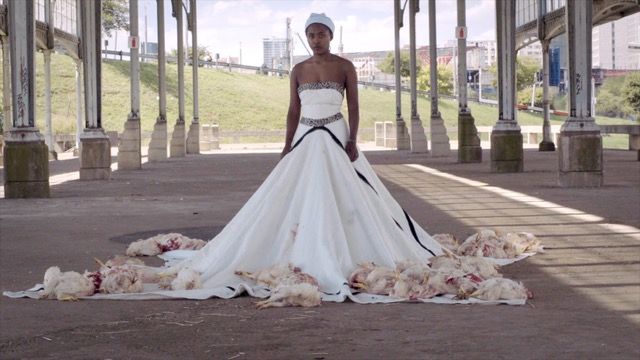Independent Collectors
David Gryn
Interview with the founder and director of DAATA

A champion and pioneer of art in digital media, Daata was founded in 2015 and is one of the longest-standing commissioning bodies in this field.
IC
Tell us a little bit about the history of Daata.
David Gryn
Daata evolved as a way of suggesting a marketplace for artist video and sound in 2015. My background is in curating video, film and sound in the context of cinematic screenings and events worldwide. For over 20 years, I’ve been fortunate to work with brilliant and renowned artists such as Mark Wallinger, William Eggleston, Christian Marcley, Grace Ndiritu, Sarah Morris, Takeshi Murata, Susan Hiller, William Kentridge & Philip Miller, Dara Birnbaum and Mickelaine Thomas. This happened alongside leading galleries, museums and art fairs in Cologne, London, NY, Rio, Moscow, Shanghai, Chicago and LA, and then as Curator of Film and Sound for Art Basel in Miami Beach at the New World Symphony from 2011 to 2018. These experiences really highlighted the need for a proper marketplace for digital art for galleries, institutions, collectors and even curators.
Daata was founded to put its best foot forward as a new online exhibition and distribution model, so as to tempt and encourage the showing, collecting and curating of artists using video, sound and digital mediums.
IC
At what stage did you implement the concept for an online art fair?
David Gryn
I have been dwelling on this idea for some time, but was always putting it on hold, and then in the lockdown of March 2020, I realised it was a golden opportunity to offer the Daata online platform to galleries to showcase their artists videos on Galleries at Daata. So from a small start, we now have over 70 international galleries and over 600 artworks on Daata. Soon after we developed Daata Fair and now we are about to launch its 3rd iteration. We have worked with galleries including: Hauser & Wirth, The Modern Institute, Project 88, Salon 94, Helsinki Contemporary, Pilar Corrias, Anat Ebgi and Various Small Fires. The logic of the fair is to enable galleries to utilise our website platform and reputation to show and sell their artists video. It is open for a limited and structured time, which encourages, focusses and galvanises attention and interest.
IC
Is there a place for performance documentation video works on Daata?
David Gryn
Definitely. When we launched, and for the first few years, there were only commissioned video artworks and we limited our attention and resources to that. Now since we have been working with artists and galleries around the world and expanding what is possible on Daata, we feel we can show recordings of performance, if that is what the gallery or an artist wishes to show on our platform. If the intention is honest and true and the quality of the artists and artwork is doubtless – then it is easy to show. Performance by its very nature tends to be a physical and public spectacle and focused on human engagement and interaction, so the internet and screen based can provide a version of this experience, much like a live stream or recording of a football match or concert, and sometimes this process is as fulfilling and definitely easier to attend or view from anyone, anywhere in the world.
IC
How do you as Director, ensure that Daata (and its activities) stays contemporary and current in the fast-paced world that is the art market, further now amongst our pandemic and surge of online attention?
David Gryn
I have always stayed focused on what we do well and how we can do it simply, economically and find best benefits for the artists, their artworks and now for the galleries too. We don’t aim to just react to every new technological innovation or development, but look for ways to show artworks that artists want to make with whatever mediums they use, and in our case that is usually video and sound. We will soon be launching a Daata AR app, and are embracing NFT developments – which have both increased in audience interest and awareness in the recent months and year.
IC
So as a digital platform, you do see a value or urgency to respond to the new current phenomenon of NFTs in the art world?
David Gryn
The answer is a resounding yes and … no. All hype markets are exciting and compelling, but it doesn’t make everything that is shown, sold, bought, discussed–good, just because of the interest. And the artworld of old, now and the future–needs audiences to trust in its credibility and believe in the artwork, and that takes time. There is a need for a variety of artworld endorsements from those who have engaged with contemporary art for much of their careers and life. It might just be believable that some of us who work daily in the artworld, actually have knowledge and experience of what is quality art and what is not. In the case of the recent NFT explosion–there will be great things that emerge and some doubtful things too, which is the same in all accelerated and hyperdriven-exponential markets, most artworks bought and sold in the heat of a bubble will not retain their value, but some will and that is great.
I always aim to find solutions to benefit artists and the artworld I am in, and there are many aspects of NFTness that support and serve this cause. Conversely, there is the avarice and greed that accompanies gold-rushes that is ugly and crass, and with this the artist is rarely the beneficiary. My view has always been, if you are going to create and run businesses that purport to serving and supporting artists, this should be at the forefront of all your actions and ambitions for your outcomes.
The art media has to find its voice to promote, discuss and interrogate the artwork and the artist, and not keep focusing on the speculator or market explosions, problems or distractions.
Many ask–is it exciting, and my response is often that yes indeed it is exciting. However, war is exciting, but it isn’t a good excitement. But this is about art sales, distribution, ownership, which isn’t war, it is the arena of art commerce–so let’s just go with it and see where it leads us, and where possible we can lead it for the best benefit of all.
To have family and friends interested in what I do for the first time in years, is something else to be thankful for the NFT craze.
IC
Is there something programmed as part of the upcoming third edition of Daata Fair, that you are particularly looking forward to?
David Gryn
We have planned a talk on 19 April, featuring Julia Stoschek (Julia Stoschek Collection), Jason Foumberg (Thoma Collection), Zoe Whitely (Chisenhale), Arja Miller (EMMA Museum), moderated by Tyler Woolcott (StudioVisits) on Demystifying Collecting Digital Art, Institutional Collecting and Public Display. Also during the fair we are launching a variety of new artworks on our site by Keiken, Petra Cortright, Jeremy Couillard, Bob Bicknell-Knight all in tandem with Art Fair Phillipines and the Bass Museum, Miami Beach.
IC
What do the artworks being presented at Daata Fair reveal about the current video and digital trends and market?
David Gryn
Daata strives to present a careful selection of very eclectic and wide ranging approaches; works span fictional narratives, documentary approaches and subject studies. It’s exciting to see galleries showcase up and coming artists. Galleries and artists include: Alexander Levy (Berlin) – Julius von Bismarck; Capsule Shanghai (Shanghai) – Gao Yuan; Cristin Tierney (New York City) – John Wood and Paul Harrison; DREI (Cologne) – Phung-Tien Phan; Esther Schipper (Berlin) – Rosa Barba; Madeln Gallery (Shanghai) – Zheng Yuan; Madragoa (Lisbon) – Buhlebezwe Siwani; Pilar Corrias (London) – Mary Reid Kelley and Patrick Kelley; and von ammon co (Washington D.C.) – David-Jeremiah.
IC
What advice do you have for collectors who are curious to engage with and support video and digital art?
David Gryn
My advice would be to buy what you like, or even better, love. Collecting is also a way of supporting artists – so whatever the sales value of an artwork, take a chance or risk that it will increase in value, and that the artist benefits. Watch the works and comment and share on social media. It is the easiest medium to collect as the devices to show it are all around us and it is very economical. As evidenced in recent months–its value both financial, and interest in it, has grown exponentially.
We are in the business of supporting artists and we have found ourselves working with artists who work with video, sound, digital media, but we are supporting artists and not the technology, although we are interested and want to help sustain the technologies they use, but ultimately we are working to support the artists and their output of artworks. We aim to: find ways to pay artists, via commissioning and royalties on sales; distribute their work, to market and promote their work; and make networks and connections for them… This is our business and interest… and I think this is vital to most businesses who purport to supporting or serving artists.
Technology changes–technology isn’t making art, there is an art to making technology, but it isn’t a contemporary art, it is engineering and science, and we have to be clear on how we distinguish between these things. When we support artists who work with oil paint, we are not supporting oil paint artists, we are not supporting the oil paint industry, we are supporting the artists who use oil paint–it is very clear and real. We all have to find ways to support artists–from the purchasing, showing and viewing perspectives i.e. the collector, gallery, museum, art fair, curator, and audience.
IC
You have recently engaged in a collaboration with Julia Stoschek Collection, what is involved?
David Gryn
The Julia Stoschek Collection has acquired many works from Daata and over the recent years we discussed collaborating to announce the collection of these works. So now that the JSC show all their collection online, it felt opportune to make announcements about our collaboration during lockdown. Commissioned Daata artists include: David Blandy, Matt Copson, Ed Fornieles, Leo Gabin, Rindon Johnson, Daniel Keller & Martti Kalliala, Lina Lapelytė, Rachel Maclean, Florian Meisenberg, Takeshi Murata, Hannah Perry, Jacolby Satterwhite, Stephen Vitiello, Chloe Wise and Tracey Emin.
IC
Please share with us an unforgettable viewing experience of a video instal you’ve witnessed anywhere in the world. We’ll never forget seeing AES+F for the first time on Cockatoo Island at the Sydney Biennale in 2009 with The Feast of Trimalchio or Julian Rosefeldt Manifesto at The Hamburger Bahnhof, 2016.
David Gryn
A work that has never left my consciousness is Turbulent by Shirin Neshat, featuring Shoja Azari and Sussan Deyhim, which I saw at the Serpentine Gallery, London, around 20 years ago. Two huge vertical screens either side of a room, one with a male (Azari) protagonist and the other a female (Deyhim). The sublime music used is by Shahram Nazeri, Tasnif-E Yadegar-E Doost-II & Zarbi from his album Yadegar-e Doust, has been embedded in my head ever since. I also knew it was mesmerising beyond my own fascination, as I had a one year old son Isaac in my lap and he never moved a muscle for the entire duration of the artwork playing.
For more information visit DAATA.
